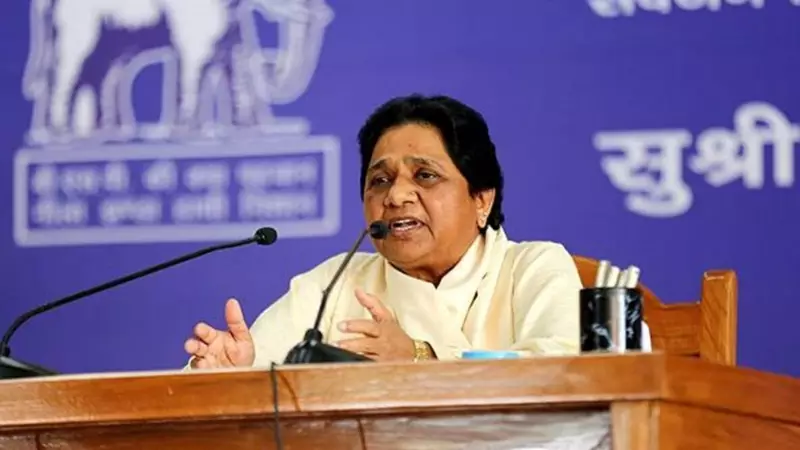
In a significant political maneuver, the Bahujan Samaj Party (BSP) has launched a fresh outreach initiative targeting Muslim voters, establishing a dedicated 'Bhaichara Committee' (Brotherhood Committee) to reconnect with the community. This strategic shift comes after the party's disappointing performance in recent elections, where it failed to secure a single seat in the Lok Sabha.
Electoral Setbacks Prompt Course Correction
The BSP's decision to actively court Muslim voters again marks a notable departure from its recent stance. Following the 2024 general elections, where the party drew a blank, internal assessments pointed to the erosion of its traditional Muslim-Dalit vote base as a primary reason for the dismal showing.
Party insiders reveal that the leadership has recognized the critical need to rebuild bridges with Muslim communities, who have historically been key allies in the BSP's electoral arithmetic, particularly in Uttar Pradesh.
The Bhaichara Committee: Structure and Mandate
The newly formed committee boasts a comprehensive structure designed to facilitate meaningful engagement:
- State-level coordination: Overseeing pan-Uttar Pradesh outreach efforts
- Regional chapters: Establishing presence across all divisions
- District units: Ensuring grassroots connectivity
- Assembly constituency teams: Focusing on local-level engagement
The committee's mandate extends beyond mere political mobilization, aiming to address community concerns and rebuild trust through sustained dialogue.
Historical Context and Current Challenges
The BSP's relationship with Muslim voters has seen considerable fluctuation over the years. The party enjoyed significant Muslim support during its heyday, particularly when it successfully forged a Dalit-Muslim coalition that propelled it to power in Uttar Pradesh.
However, recent years witnessed a noticeable drift, with Muslim voters exploring alternatives and the BSP itself adopting a more ambiguous stance toward community-specific issues. This alienation reportedly contributed substantially to the party's electoral decline.
Strategic Implications for UP Politics
This renewed outreach carries significant implications for Uttar Pradesh's complex political landscape:
- Coalition dynamics: Potential realignment of traditional vote banks
- Electoral calculus: Impact on triangular contests in key constituencies
- Party revival: Crucial for BSP's survival as relevant political force
- Community response: Muslim voters' reception to this overture remains to be seen
Political analysts suggest that the success of this initiative could determine whether the BSP can stage a comeback or faces further marginalization in India's most politically significant state.
Road Ahead: Challenges and Opportunities
The BSP faces multiple challenges in making this outreach effective. The party must convince Muslim voters of its genuine commitment while navigating the increasingly competitive political space where multiple parties vie for minority support.
"This move represents a back-to-basics approach for the BSP," notes a Lucknow-based political observer. "The party seems to have realized that without its traditional social coalition, it lacks a distinctive identity in the crowded UP political arena."
As the committee begins its work, all eyes will be on how Muslim communities respond to this renewed courtship and whether it can translate into electoral dividends for the beleaguered party.






